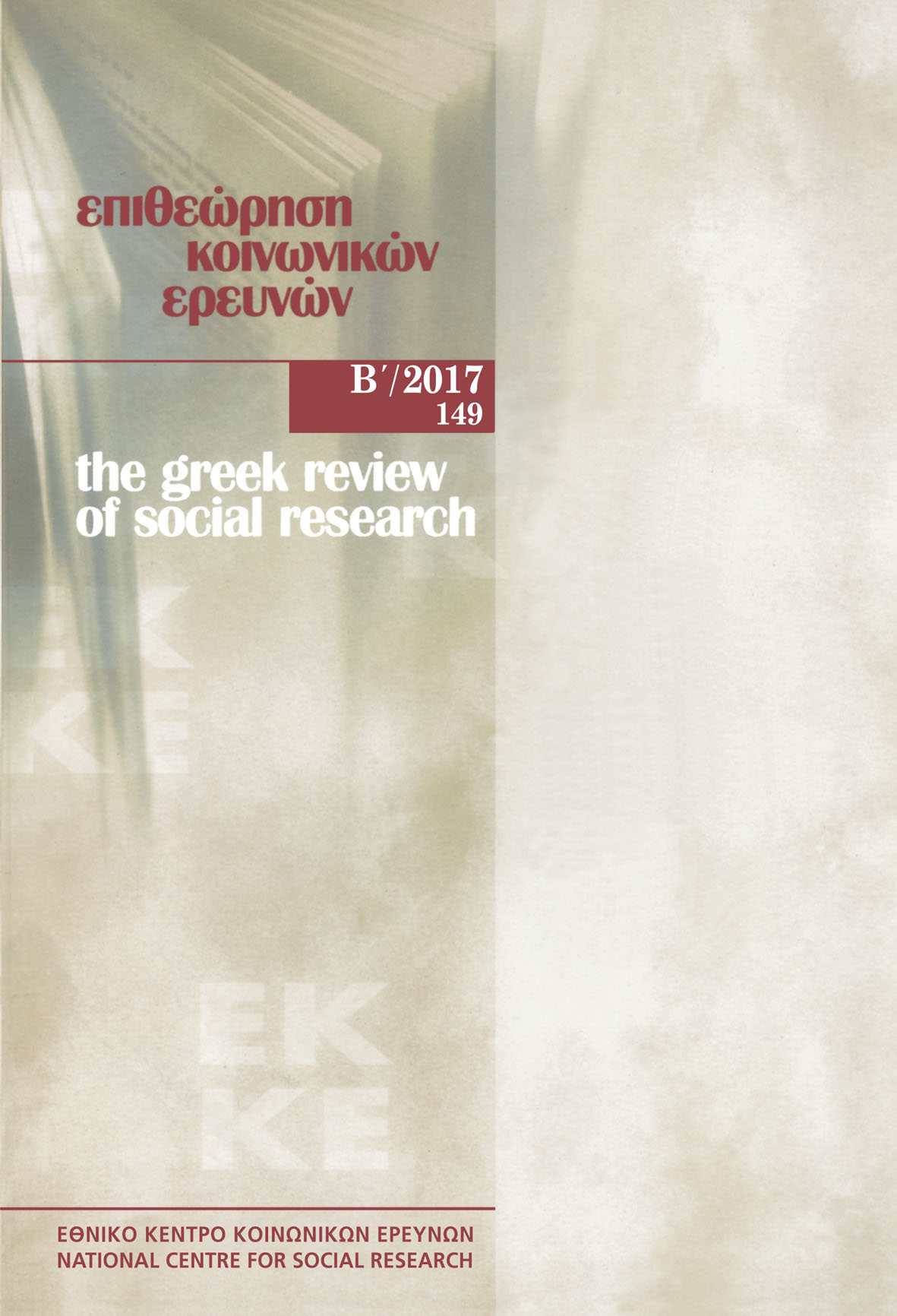Musical counterpublics: The dissensual sounds of Yiannis Angelakas

Abstract
The article discusses the dissensual ontology of the Greek popular musician-poet-singer YiannisAngelakas and the emergence of 'counterpublics', as theorized by Michael Warner, in the regime of musical performance. It focuses upon an ethnographically-grounded discussion of the ongoing successful remediations of the song “De horas pouthena” (You don't fit anywhere), which are explored as sensibilities of disagreement disputing the 'distribution of the sensible' in Jacques Rancière's terms. “De horas pouthena” voices a self-exiled form of subjectification regulated within and against the crisis of democracy―an ontology of “not-fitting-in” materializing utopian notions of civility within the affective economies of its punk-rock aesthetics. Angelakas' musical dissensus is also discursively explored in the memory-work of his life-story relationally produced in the context of the ethnographic encounter. Τhe discussion is further elaborated through the discussion of the song 'Airetiko' (Heretic) and the performative emergence of affective counterpublics objecting disciplinary mechanisms of subjectification in the public sphere.
Article Details
- How to Cite
-
Tragaki, D. (2018). Musical counterpublics: The dissensual sounds of Yiannis Angelakas. The Greek Review of Social Research, 149, 103–120. https://doi.org/10.12681/grsr.15817
- Section
- Articles

This work is licensed under a Creative Commons Attribution-NonCommercial 4.0 International License.
Authors who publish with this journal agree to the following terms:
- Authors retain copyright and grant the journal right of first publication with the work simultaneously licensed under a Creative Commons Attribution Non-Commercial License that allows others to share the work with an acknowledgement of the work's authorship and initial publication in this journal.
- Authors are able to enter into separate, additional contractual arrangements for the non-exclusive distribution of the journal's published version of the work (e.g. post it to an institutional repository or publish it in a book), with an acknowledgement of its initial publication in this journal.
- Authors are permitted and encouraged to post their work online (preferably in institutional repositories or on their website) prior to and during the submission process, as it can lead to productive exchanges, as well as earlier and greater citation of published work (See The Effect of Open Access).


